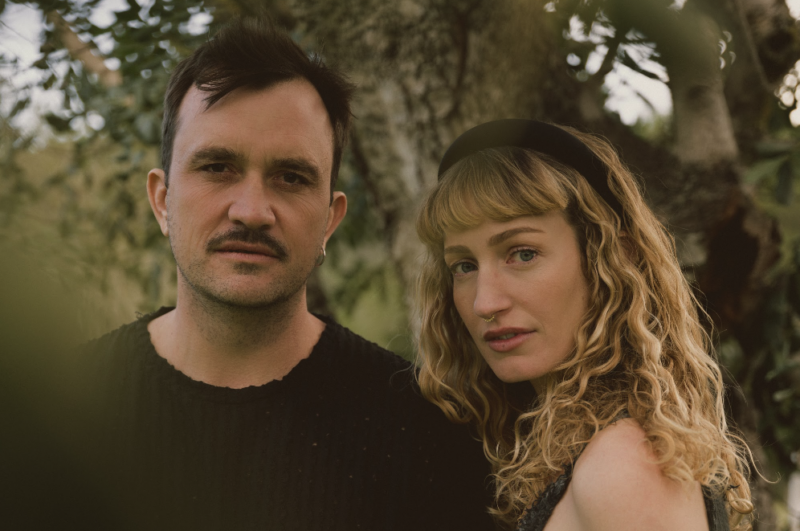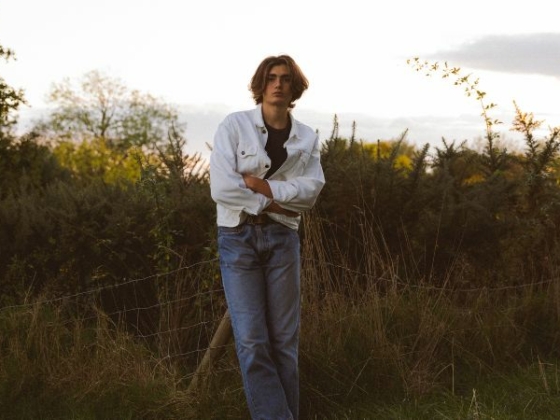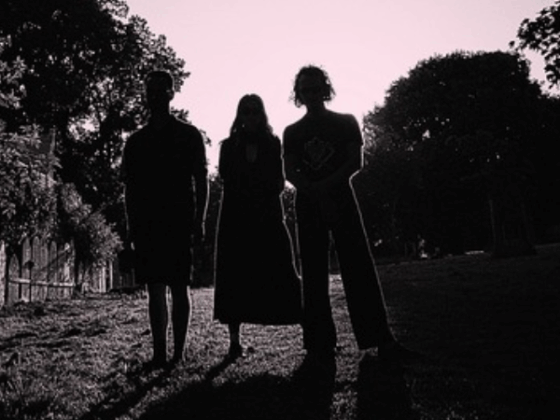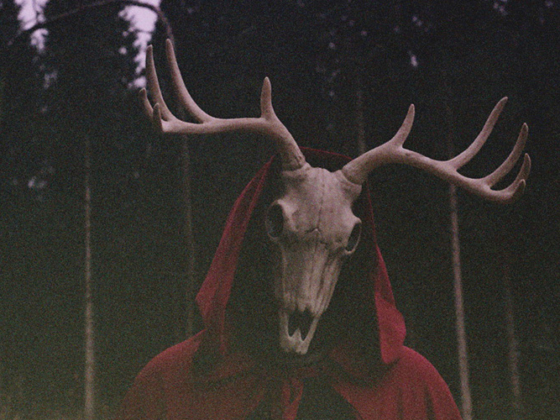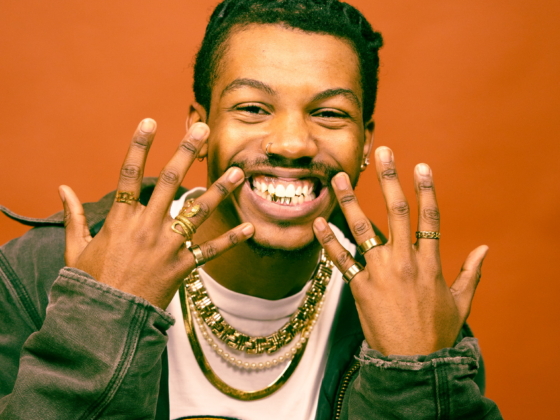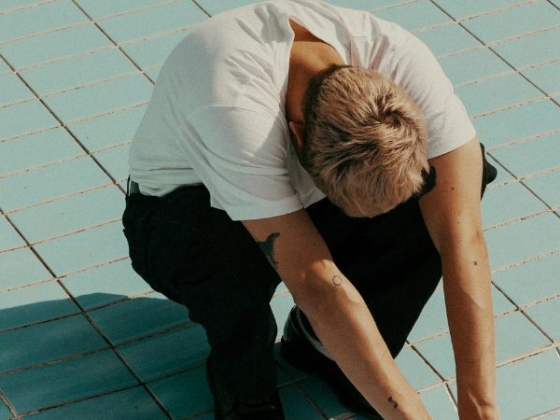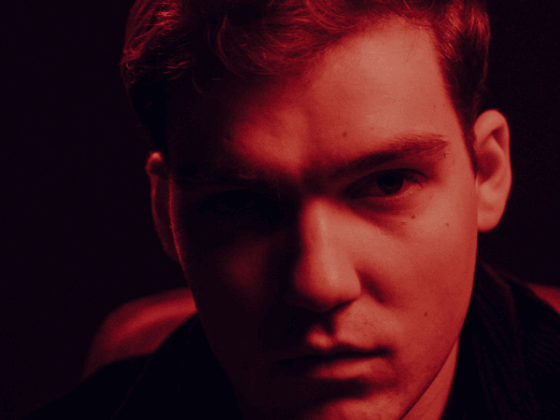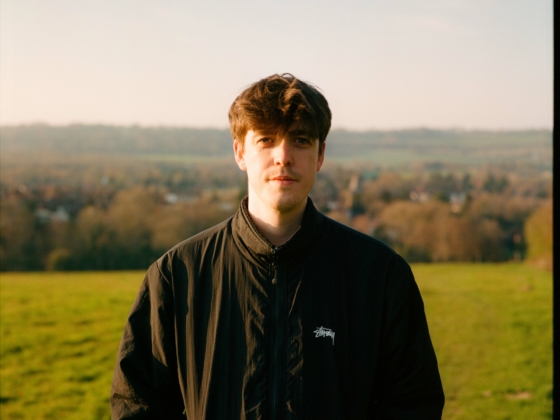Landikhan and Isadora Mulvey team up for their new single, “Ride or Die.” Most people are likely to experience a relationship with someone, whether it be a friend or a loved one, where you know they will have your back no matter what. The song is about that unbreakable bond with someone who stays by your side through thick and thin, offering unwavering loyalty, commitment, and support—even when things get tough. It’s a tribute to those rare people who are always there for you, no matter the risk.
Combining Isadora’s stunning, storytelling lyrics and Landikhan’s hypnotic beats, “Ride or Die” is a perfect showcase of their individual, unique talents. Landikhan’s mastery as a producer and DJ brings a deep, experimental electronic vibe to the track, while Isadora’s lush, soulful vocals add a rich emotional depth. Both based in Spain, the warm, ethereal sounds of the Mediterranean naturally weave themselves into their music.
The theme of loyalty and support shines bright in “Ride or Die”—it's mesmerizing, immersive, and packed with emotion. The music and message just click in a way that feels both powerful and genuine. With the magic they've created together on this track, we’re excited to hear more from Landikhan and Isadora Mulvey in the future.

